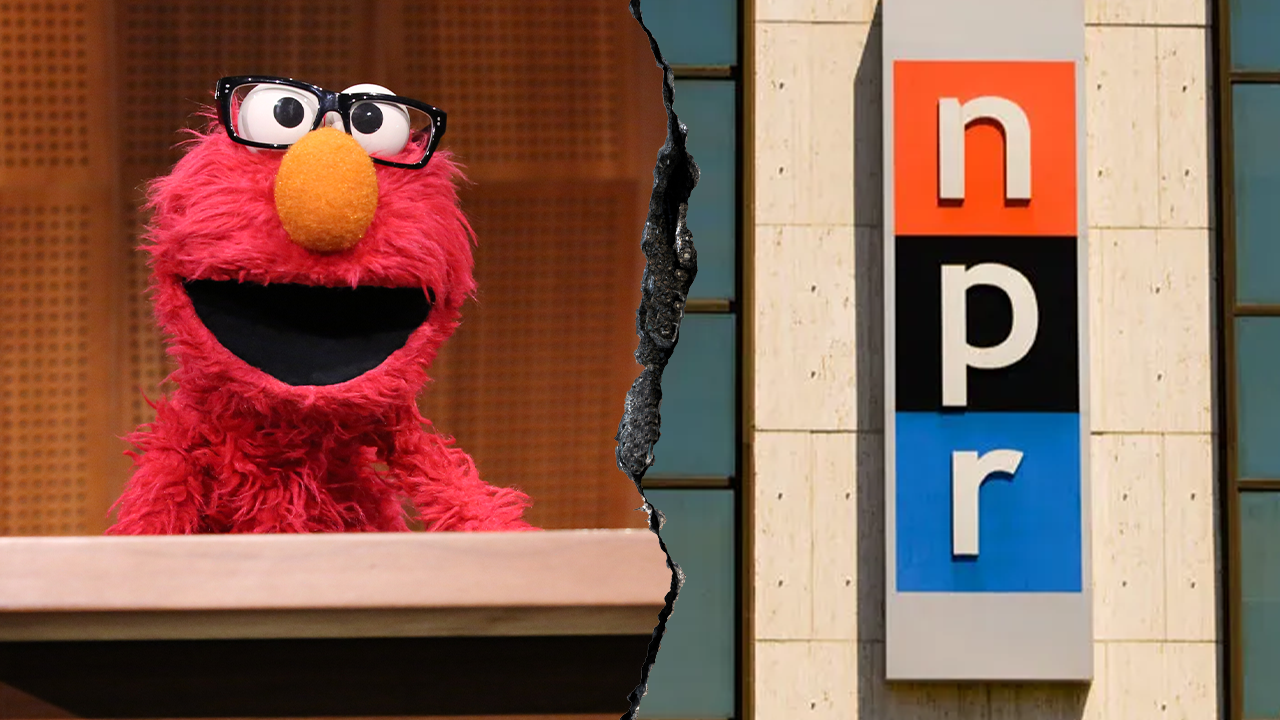GOP bill targets NPR, PBS funding amid Elon Musk’s DOGE audits

Republicans lawmakers are once again pushing to cut federal funding to NPR and PBS in the midst of the Trump administration’s overhaul of the federal bureaucracy. Rep. Claudia Tenney, R-N.Y., is spearheading a bill in the House of Representatives that aims to stop taxpayer dollars from going to both media outlets. Instead, the proposed legislation would redirect existing federal funds towards reducing the national debt.
Tenney, a former newspaper owner and publisher, emphasized the importance of balanced and non-partisan media. She expressed concerns that NPR and PBS have prioritized advocacy over accuracy, using public funds to push a political agenda rather than deliver unbiased news. “As a former member of the media industry, I understand the crucial role that media plays in society. However, it is essential that taxpayer-funded outlets remain objective and focused on reporting facts,” she told Fox News Digital.
On the Senate side, Sen. Mike Lee, R-Utah, is leading the corresponding bill. Lee emphasized that Americans have a multitude of news sources to choose from and do not need politically biased, publicly-funded media shaping their views. He suggested that NPR and PBS should compete in the free market using donations rather than relying on government subsidies.
Critics of NPR and PBS have long accused both outlets of having a liberal bias while receiving government funding. While less than 1% of NPR’s funding comes directly from the federal government, a significant portion of its finances comes indirectly from grants and contributions allocated to local member stations. Corporate sponsorships also contribute to more than a third of NPR’s funding.
PBS also receives a mix of federal funds through various channels. However, the push by Republicans to terminate federal allocations to both organizations comes at a time when the Trump administration is scrutinizing government spending that does not align with its agenda. Elon Musk, who heads Trump’s Department of Government Efficiency (DOGE) initiative, has previously criticized NPR, advocating for its defunding.
Tenney’s bill is just one of several efforts aimed at NPR and PBS in this Congress. Rep. Marjorie Taylor Greene, R-Ga., who chairs the DOGE subcommittee under the House Oversight Committee, has expressed interest in having the heads of both organizations testify before her panel.
As the debate over federal funding for NPR and PBS continues, it remains to be seen how Congress will address the issue. The role of public funding in supporting media outlets and ensuring unbiased reporting will likely be a focal point of discussions moving forward.




